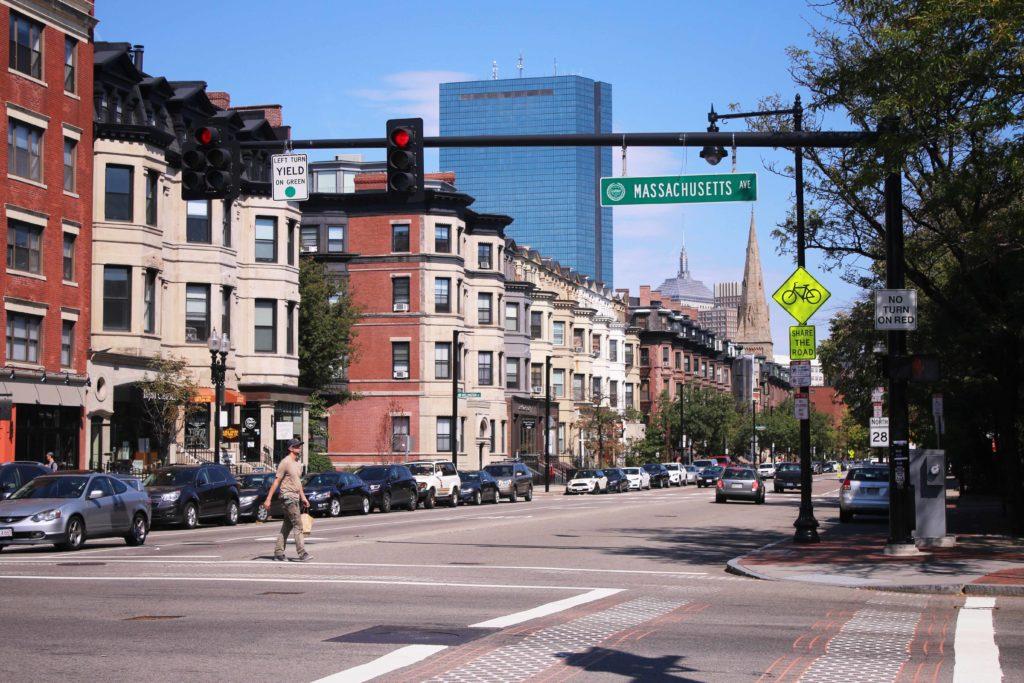Op-ed: NU housing lottery disadvantages underclassmen
September 25, 2019
The housing lottery at Northeastern leaves students uncertain about their living arrangements until the last minute, forcing them into unfortunate living situations – and it doesn’t seem like there is much the university can do to remedy this issue.
Although first- and second-year students are required to live on campus and are theoretically guaranteed university housing in those two years, it can take Northeastern a long time to assign them housing and roommates.
As a transfer student myself, I was not given the option to live in on-campus housing because the university struggles to house its current students. As a result, I had to fend for myself in the difficult-to-navigate and expensive real estate market of Boston. During transfer orientation this summer, everyone who had not already found housing was upset about the outdated and slow-to-update website Northeastern set up for the off-campus search. The website displays listings that are no longer available, and some even date back to 2016 and 2017. Ultimately, I found a realtor, since the website was unhelpful in my housing search.
The lack of on-campus housing for underclassmen transfers presents other problems. For example, I was forced into a non-negotiable 12-month lease for my off-campus apartment, which severely limited my opportunity to study abroad or pursue a co-op somewhere other than Boston in July. Not only are students in similar situations subject to inflexible lease agreements, they also must pay higher rents.
Traveling to Boston to tour apartments during the summer is an additional hassle that can be avoided if all second-years, even transfer students, are given the option of on-campus housing.
Students guaranteed on-campus housing for this year also faced challenges during the housing process depending on their assigned lottery numbers. For those unfamiliar with the process, students are randomly assigned a number with a corresponding date and time during which they can choose where they want to live. The higher number you have, the later you are able to pick your housing, thus leaving you with the least-desired housing options. Upperclassmen are given priority in this system, which results in second year students getting the worst of this arrangement, as they make up the last 4,000 numbers in the lottery, with upperclassmen getting first choice of housing.
Because of the number of students that need housing, and the shortage of available housing, Northeastern has a system in place called Placement Assistance with Staff, or PAWS, in which housing staff assign students without housing to apartments and residence halls that open up by the end of the summer. The housing provided by PAWS has the potential to be dreadful, considering it’s usually the farthest from campus and the leftover housing choices.
PAWS housing assignments come out on a rolling basis every two weeks during the summer. A friend of mine did not receive her housing assignment until Aug. 16, only 11 days before her move-in on Aug. 27.
Many students face similar housing issues, but it is also not a problem unique to Northeastern. At Brown, students who don’t get housing through the standard lottery system are assigned to their version of PAWS. Their program places Brown students in common spaces converted into housing while their residential life office tries to find traditional dorm space or grants them permission to live off-campus.
At Northeastern specifically, students going on co-op, studying abroad or leaving the school make it difficult for the housing staff at Northeastern to place everyone in a timely manner. Late assignments and poor housing are just some consequences of living on a city campus where students have the opportunity to learn and grow outside the campus environment. Students switching out of housing at the last minute is not something the housing office can do anything about, but they attempt to account for it when placing students through the PAWS system.
The solution? The lottery system needs to be revised to prioritize housing for second years above upperclassmen, given that they are required to live on-campus. Due to their lack of choice, underclassmen should be guaranteed first choice for housing and not forced to grab last-minute housing leftovers. This will not solve the entire problem, but it will at least make the situation more fair. The current system must be changed to ensure fairness and a more painless housing process.
Emma Plante is a second-year journalism and political science combined major.


















